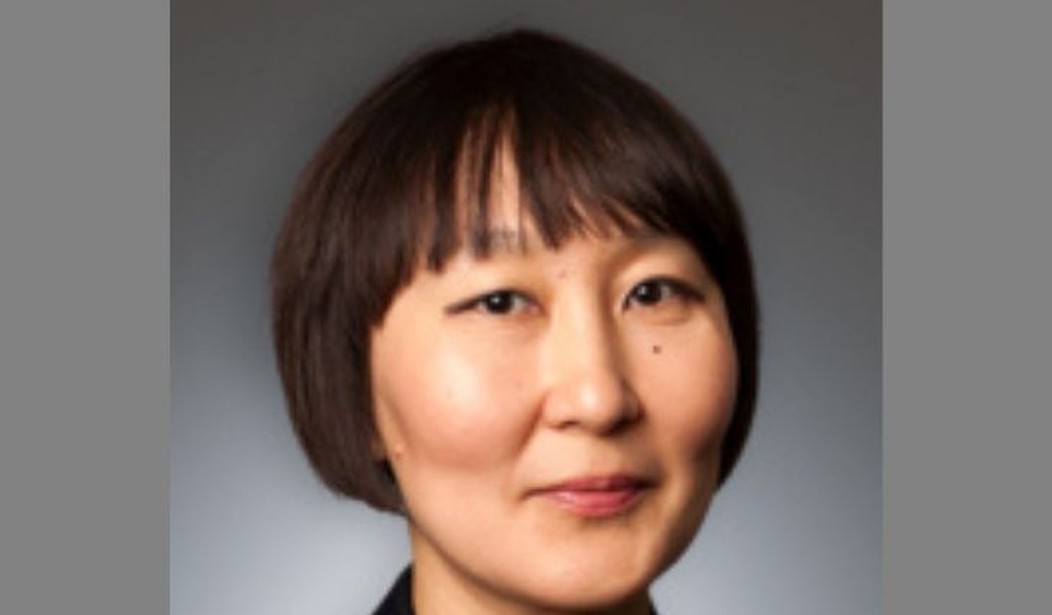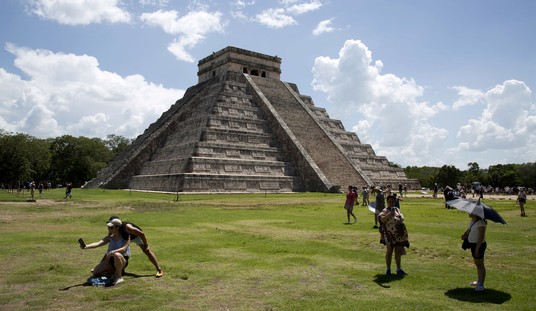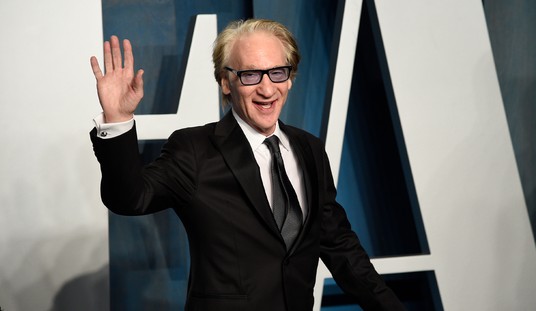
The confirmation of President Biden’s nominee Saule Omarova to head the Office of the Comptroller of the Currency (OCC) has taken a dive for the worse as Democrat Senators on the Senate Banking Committee begin to back away. Senators Jon Tester (D-Montana), Krysten Simena (D-Arizona), and Mark Warner (D-Virginia) are all rumored to have reservations about the Cornell University law professor who specialized in the regulation of financial institutions, banking law, international finance, and corporate finance.
The defection of a single Democrat in the 50-50 Senate sinks the nomination. And past positions about bank policy by Ms. Omarova are rising to levels where the confirmation is in doubt.
Omarova is no stranger to banking. In fact, she is deeply steeped in the intricacies of the industry and the many colorful characters who work in it. She once referred to it as the “quintessential a—— industry”.
The problem for Senators is that she has strong views that they fear will color the OCC were she to become the head of the powerful agency that oversees the US national banks. And RedState readers should have no doubt that the head of a bank regulatory agency has real power to materially influence policy that can affect not just the financial industry, but the lives of ordinary Americans.
Coin of the Realm
One area where Omarova has received criticism is her support of the notion to take something called Demand Deposit Accounts (DDA’s), which include ordinary people’s checking and saving accounts, out of the purview of commercial banks and put these accounts directly with the US Federal Reserve. Every American would have a direct account with the Fed, just like a bank does. The change in “banking as we know it” stems from the advancements in technology that allow total centralization of transactions through a single federal clearinghouse instead of an array of middlemen, which is the function bankers served when the tech was not capable of it.
It’s an extension of the same argument that cryptocurrency advocates make about the transaction efficiencies of blockchain coinage. Advanced banking infrastructure thinkers like Omarova began to recognize these efficiencies about a decade ago but did not trust emerging cryptocurrency companies with such power over money. They saw the similarities to the federal reserve’s function and said, “Why not just put it there?”
The problem with the concept is that these DDA accounts are what are known in the banking world as “core deposits,” considered the most valuable form of deposit on the bank’s balance sheet. They are stable. They are owned by real customers in the community. They are a measure of branch banking’s service to the areas they serve. They are gateway relationships to other banking services like lending and credit. In other words, they are a foundation upon which the house of cards of financial services is built.
To advocate changing this sets all sorts of business interests into disarray. Banks would have to completely change their business models to continue to make money. That, in turn, would set into motion what are called systemic risks to the design of the US financial economy. Risks that could turn very ugly if the design of the process turns out to be incorrect. And it usually does because complex economies are, in the end, a process of continuous trial and error. The time-proven approach is to let innovations evolve incrementally with individual parties taking smaller risks so that no error threatens the entire system.
By any stretch of the imagination, pulling every DDA out of private banking and federalizing it is not an incremental change. Facebook’s Libra project, now known as Diem, has had fits and starts trying to get off the ground with a stable coin, which is what a Federal Reserve-operated DDA system would be, except owned by the US government. The next version of coin of the realm versus company script, to use old metaphors that go all the way back to the Spanish pieces of eight.
Congress isn’t so sure this is a good idea. Bankers are pretty sure this is a bad idea for them. And bankers contribute to the campaigns of Congress, regardless of what side of the aisle one sits on. As for ordinary Americans? Most are at the low information end of such lofty debates; and only slowly being exposed to something that could change the very way we use money; including, but not limited to, how private our monetary affairs are from the prying eyes of the government.
Control Over Private Investment
Another area where Omarova is receiving criticism has to do with her advocacy of the concept of a National Investment Authority what would be an independent agency that would have the power to direct public and private investment in the US. The concept of such an agency seeks to centralize and nationalize strategic spending in the US to meet national objectives.
The NIA would have to power to compel investment in the direction of an agenda. It replaces free-market decisions with a controlled market. It’s a method of directing national spending used by many nations with more powerful central governments like China, who can direct their entire economies towards a common purpose.
Academically, it’s arguably more efficient. It’s also arguably less free. And for a nation like the United States where freedom of choice is deeply embedded into the culture, it’s a tough pill to swallow.
Maybe, too tough even for Democrat Senators who, when all is said and done, still represent fifty independent States of the Union whose own agendas and self-interests are not the same. And telling constituents, companies, and donors to give up control over their destiny to a federal overlord will not win elections.
It’s clearly causing pause in the Senate Banking Committee ranks.
Ultimately, the question is do the Democrats want to risk banking policies moving in the centralized direction that academic scholars have been advocating for some time? Or do they want the US economy to remain a socio-economic experiment in incremental innovation driven by individual choice and risk-taking?
The answer to that question will determine the outcome of Saule Omarova’s nomination to head the OCC.
(EDITOR’S NOTE: For this week only, a number of our RedState VIP articles and features are coming out from behind the paywall. To enjoy access to exclusive VIP articles – ad free – for the entire year, become a VIP member today! And, this week we’re offering 40% off, our biggest discount ever, when you use code “2022.” )













Join the conversation as a VIP Member